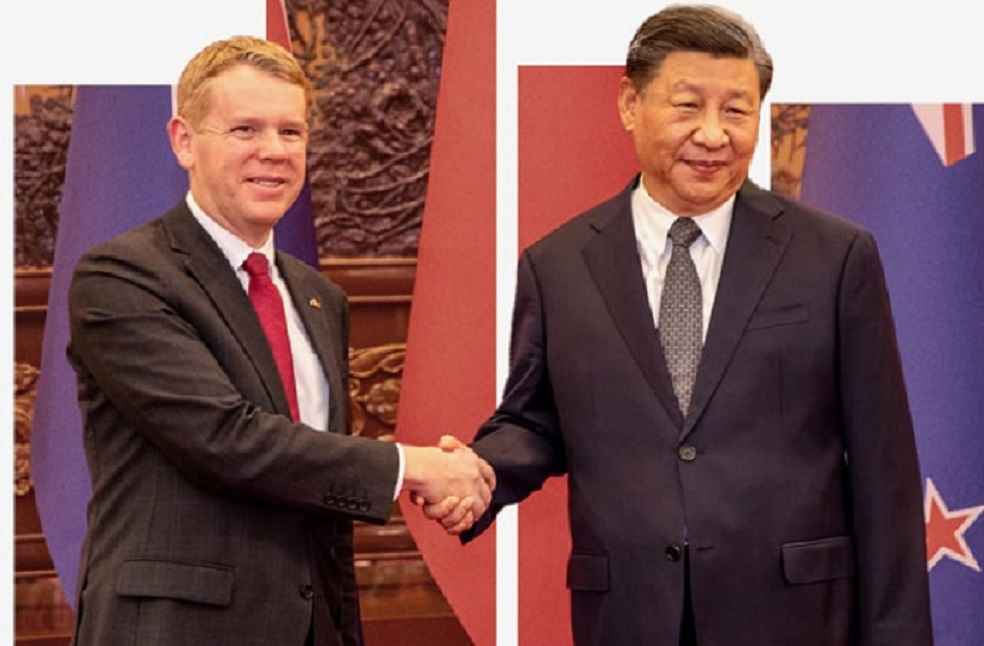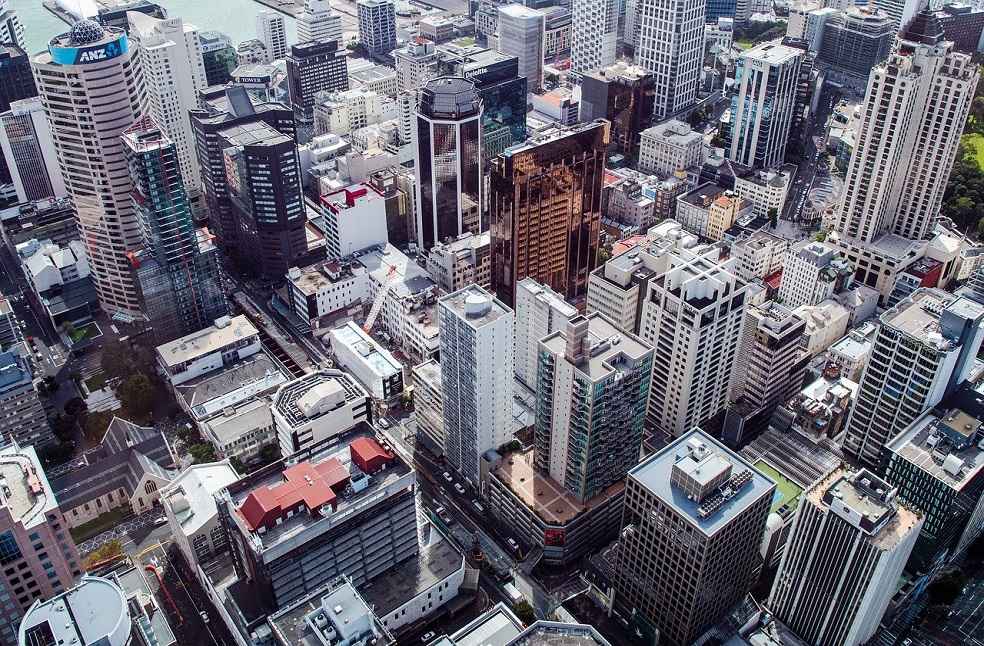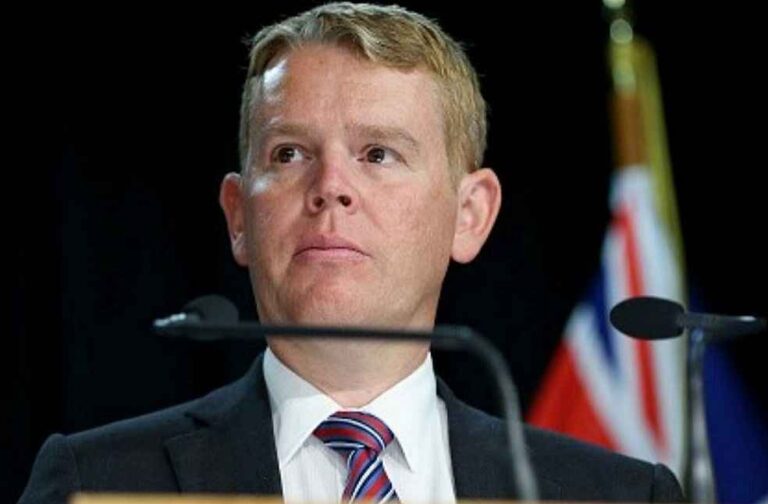Seeking to strengthen his domestic image and fortify economic ties, New Zealand’s Prime Minister, Chris Hipkins, embarked on his first official visit to China last week. This milestone journey underscored trade and economic cooperation, judiciously steering clear of sensitive geopolitical concerns like the human rights situation in Xinjiang and burgeoning regional security threats.
This approach is particularly significant against the backdrop of an upcoming national election and a technical recession looming over New Zealand. Hipkins is keen to cast himself as a leader capable of charting a steady course, independent of the popular former Prime Minister, Jacinda Ardern. Key to his strategy is reassuring voters that the Labour Party can restore national prosperity, a task which hinges on nurturing positive ties with China, New Zealand’s largest trade partner.

Robert Ayson, a professor of strategic studies at Victoria University, stated, “This visit was significant for Hipkins as he solidifies his profile as a new prime minister in an election year. Hipkins avoided any controversial topics. For a brief moment, New Zealand acknowledged its differences with China on certain matters without explicitly naming them.”
Despite being a part of the Five Eyes intelligence alliance that includes Australia, the US, the UK, and Canada, New Zealand has generally adopted a more accommodative posture towards China. However, this stance has been under the microscope following recent statements by Foreign Minister Nanaia Mahuta and former Prime Minister Ardern expressing concerns over several critical issues including the erosion of democracy in Hong Kong, allegations of human rights abuses in Xinjiang, potential militarization in the Pacific, and tensions in the Taiwan Strait.
Interestingly, the joint communique released post the meeting between Hipkins and Chinese President Xi Jinping steered clear of these hot-button topics. “Hipkins’s visit undoubtedly granted China a sense of international legitimacy, and Beijing has gained as much, if not more, from the visit than New Zealand exporters,” Ayson added. During Hipkins’s visit, a delegation of 29 New Zealand businesses underscored the country’s focus on trade relations.

Hipkins’ attempts to bridge the gap with the business community have been noted. After assuming office, he has made notable efforts to garner their support, a group that has historically been indifferent to the Labour Party. This commitment to building alliances with business was underscored on his first day in office when he spent time engaging with leaders in Auckland’s business sector.
Navigating the intricate intersections of domestic politics and international relations will be crucial for New Zealand as it manages its ties with China. David Capie, Director of the Centre for Strategic Studies at Victoria University, opined, “There’s a significant aspect of domestic politics at play here in an election year, and Hipkins wants to be seen as a reliable custodian of the China relationship.” Amid rising global tensions, Hipkins’ diplomatic maneuvering serves as a clear reminder of the delicate balance required to maintain global relationships while safeguarding national interests.
GLOBAL ROUNDUP: Balancing Act: The EU’s Climate Measures Stir Global Trade Controversy



